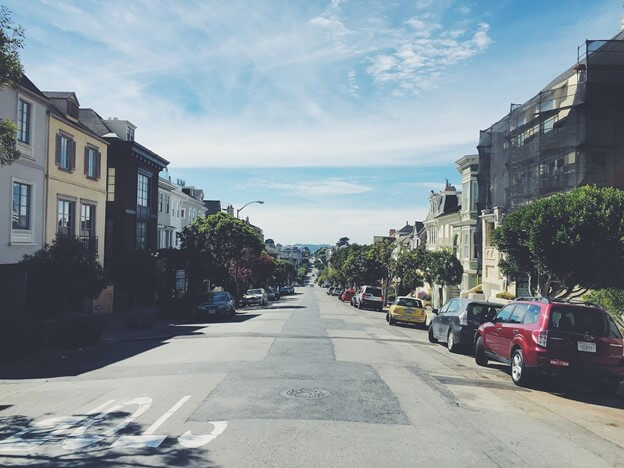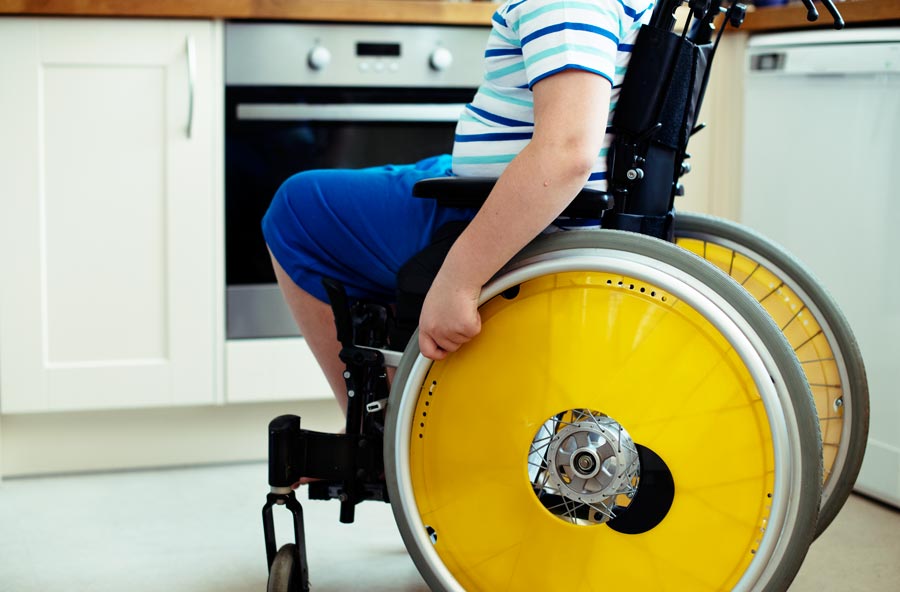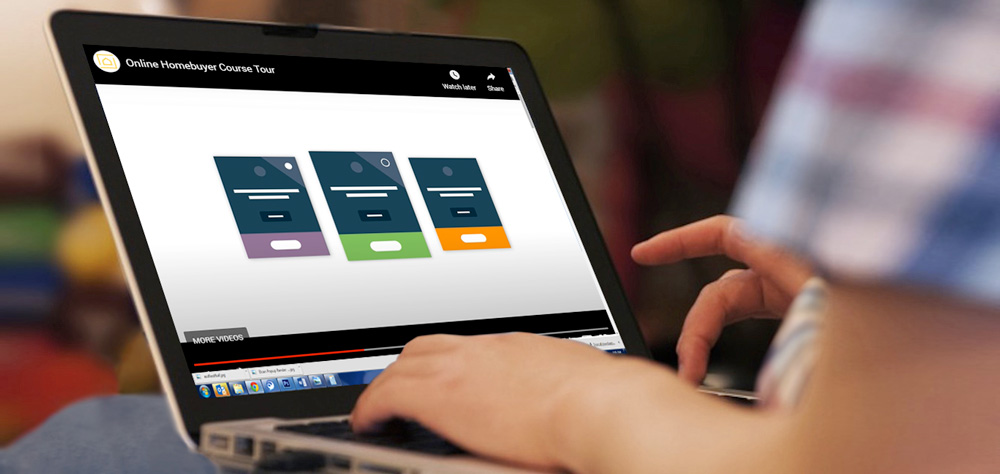So you’re on the home-buying market. Congratulations! Madison is a great place to live. Even so, you’re probably already overwhelmed by decisions: Wood or brick? One- or two-story? Carpet or parquet flooring?

And that’s not even including one of the most important factors in any new home-purchase: location, location, location. It might not be everything, but it’s almost everything. It will determine your commute, change your social life, shape your children’s education, and affect a host of other aspects in your life.
You probably have your own list of things to look for when looking for your new abode. But if you want a bit more guidance as you do research, we at ABODO have put together a handy checklist of things to look for (and avoid) as you examine possible settings for your new house. You will also learn more when you meet with your Realtor for a buyer consultation.
1. School Districts
If you don’t have children and don’t plan on having them, skip to the next item. But if you have a family — or think you might have one within the next few years — school districts should be a major component in your neighborhood choices. There is a full list of Madison and surrounding schools with information here and other sites like, niche k12 offer testing statistics, user reviews, and contact information for hundreds of thousands of schools nationwide — public, private, and charter. It might be a good idea to schedule a tour, or attend an open house, so you can get an idea of how your child (or potential child) might fit in with the culture and educational philosophy. Here’s a map of Madison’s public school districts. You might also find the annual report from the Wisconsin Department of Public Instruction helpful. It collects data — test scores, AP enrollment, graduation rates — for public schools in Wisconsin, so you can compare schools across districts and cities.
2. Property Taxes
You’ll be paying taxes on your house and the land it sits on, so it’s a good idea to know the general tax rate in the neighborhood you’re investigating, and what it gets you. If you’re in the market for a particular property, it’s easy to find the value of the house and attendant land up for purchase. Just visit the Madison Assessor website and use this handy search tool: You type in an address, and the Assessor will give you the value of the property, the amount of recent taxes paid, and a host of other details about the property and area. You can even see how recently the roof of your potential home has been replaced.
3. Neighborhood Parks
Local parks — state, county, or city — provide health benefits and recreational opportunities beyond your backyard. Plus, studies show that nature sojourns are linked to lower blood pressure, reduced obesity rates, and mitigated pollution effects. Fortunately, Madison is loaded with parks and biking trails — it’s repeatedly named one of the most bike-friendly cities in the nation due to its expansive system of off-road trails.
Scope out the local parks and what they offer, such as tennis courts, basketball courts, grills, or beaches. Also, do a little research into which local parks often host festivals or concerts throughout the year. Armed with that information, you can decide how close — or far — you want to live to these events.
4. Safety Concerns
To check up on the crime rate in your potential future neighborhood, visit NeighborhoodScout.com to get a general sense of where crime is happening, CrimeReports.com for a map of that labels types of offenses as well as trends, or FamilyWatchdog.us for a map and details of nearby sex offenders.
5. Eye Test
This neighborhood measure is the easiest to research: just take a look around and see how you feel. Does it feel like you and your family would enjoy living here and walking around? Is the location close to what is important to you? If you value privacy and large lots but also want to live close to downtown, you might have to decide on how important the commute is to you vs the yard size. Location and neighborhood are important factors and makes the difference in a house feeling like a home. It’s a simple test, and it shouldn’t be underestimated.


 Buying a home can be a complex and time-consuming process. If you need that home to include certain accessibility features to accommodate a disability, the process can be even more of a challenge.
Buying a home can be a complex and time-consuming process. If you need that home to include certain accessibility features to accommodate a disability, the process can be even more of a challenge. 
 Online learning is available to help you become a homeowner and start building generational wealth! These 2 HUD approved online courses and counseling allow you to stay in the comfort of your home during COVID-19 while learning and meeting the requirements for many down payment assistance programs for first time buyers. If you want to take advantage of programs offered for home buyers assistance, this is a great place to start You will learn more about how the process works, and what you need to be ready and able. Alvarado Real Estate Group agents are a great resource for when the time is right to search and these resources can help...
Online learning is available to help you become a homeowner and start building generational wealth! These 2 HUD approved online courses and counseling allow you to stay in the comfort of your home during COVID-19 while learning and meeting the requirements for many down payment assistance programs for first time buyers. If you want to take advantage of programs offered for home buyers assistance, this is a great place to start You will learn more about how the process works, and what you need to be ready and able. Alvarado Real Estate Group agents are a great resource for when the time is right to search and these resources can help...